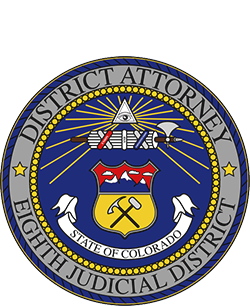Overview
The Juvenile District Court Division deals with cases involving individuals under 18 years old who are accused of committing minor offenses, misdemeanors, or felonies. Traffic offenses for juveniles are handled in County Court. If a juvenile has committed a violent offense and is at least 14 years old, they may be charged as an adult. This division also manages a juvenile diversion program that assists many first-time offenders. The diversion program uses education, community, and family services to redirect juveniles away from the criminal justice system.

 Diversion
Diversion
 Gun Safety
Gun Safety
 Resources
Resources

